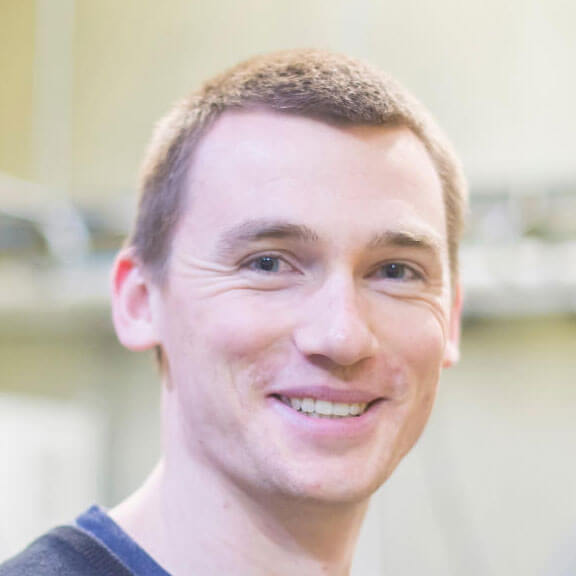My research project focus is to identify and optimise refrigeration cycles in which air is used as the refrigerant. The technology is most widely used in air conditioning and cabin pressurisation packs within aircraft and the same thermodynamic cycle can be applied to alternative refrigeration cycles in a multitude of applications.
The origins and motivations behind the work are two-fold:
- As technology progresses and becomes more powerful, the generation of heat proportionally rises. The project sponsor, BAE Systems, wish to manage the thermal loads on their aircraft effectively and efficiently.
- The Montreal Protocol is phasing out the use of environmentally harmful refrigerants used within the vapour compression cycle - the most widely used refrigeration cycle. As a result, alternative refrigeration methods or fluids are required to meet increasing thermal management and energy demands.
My PhD started following a five-year undergraduate course in Aeronautical Engineering at Loughborough University. This was an integrated master’s programme, which included a sandwich placement year that I completed during the 2013/2014 academic year at Intelligent Energy, a company that designs and manufactures hydrogen fuel cell systems.

Staying on at Loughborough following my undergraduate course seemed like an obvious progression, as I already knew the University and the people within it. The facilities available and the links with industry are two of the many reasons I chose Loughborough University as an undergraduate student and were the deciding factors to stay on at Loughborough to do a PhD.
My research project is an Industrial Cooperative Award in Science and Technology (Industrial CASE PhD), which is fully funded by three bodies:
- the Government – Engineering and Physical Sciences Research Council (EPSRC)
- an industry partner – BAE Systems
- a university – Loughborough University.
What I enjoy most about studying for a PhD is the amount you get to learn each day. Unlike a normal job, consecutive days in research study are very rarely the same and as a result, each day provides a new learning opportunity, whether it is teaching undergraduate students or learning to use new software, to running experiments or speaking to experts in your field at conferences or meetings with industry. Almost every day you stumble across new information which answer questions you hadn't previously thought to ask.
I can only speak from experience, but the two biggest differences from my undergraduate to my PhD are the lack of daily structure (or routine) and the corresponding increase in responsibility. The motivation at undergraduate level usually originates from wanting to obtain an acceptable degree mark, whereas postgraduate motivation requires the want to become an expert in your area of study.
Each day of studying for a PhD is likely to be different depending on how far through the course you are. The earlier days are likely to involve lots or reading and knowledge acquisition, as well as software and hardware training. There may be sequential days where you are sat at a desk, however these are likely (particularly with an industry-led PhD) to be offset by days spent in a lab hardware testing. I have had many days out of the office meeting and presenting to project sponsors and potential industry partners too. Whilst each day is likely to change from the previous, there are always opportunities to improve yourself as a professional.
My decision to undertake my PhD was influenced by my year in industry, which I undertook during my undergraduate studies. I worked with Intelligent Energy and had a focus on thermal management, which I enjoyed a lot. My interest in aviation suggested that moving the application of thermal management from hydrogen fuel cell applications to aviation applications and beyond would still be appealing. Furthermore, thermodynamics, or the management of energy, is an area I believe will have increasing importance in the future of sustainable life on Earth, making it a fascinating area of study.
As a hobby I enjoy flying light aircraft and in five years' time I hope to be working within the aviation industry, either as a commercial pilot or flight test engineer. I also have an interest in propulsion and therefore, as a back-up, I’d enjoy any job working with aeronautical or automotive engines, either in testing or design.
One piece of advice I would give to a future PhD student would be to make sure the area of study will keep you interested and motivated to continue making progress throughout the duration of the PhD.